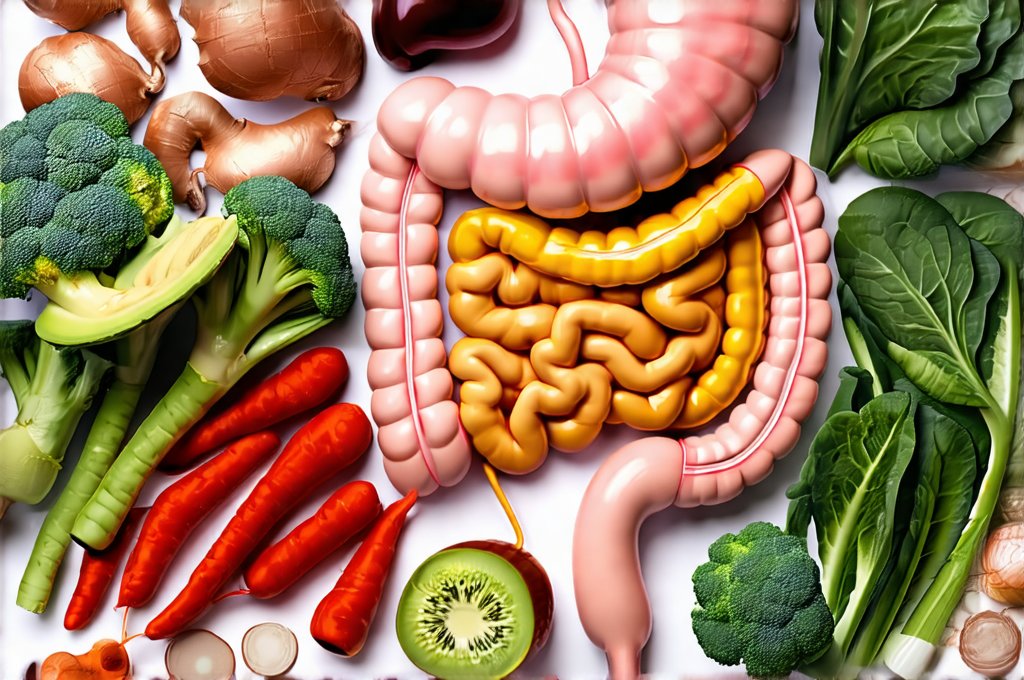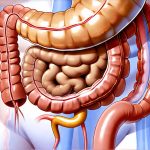Our digestive system is often an overlooked hero, quietly working behind the scenes to fuel our bodies and maintain overall wellbeing. When it’s functioning optimally, we barely notice it; but when things go awry, discomfort can quickly dominate our lives. Many people assume digestive issues are complex and require drastic interventions, but surprisingly small, consistent changes to your daily routine can yield significant improvements in how you feel – from reduced bloating and increased energy levels to better nutrient absorption and a stronger immune system. This isn’t about restrictive diets or grueling exercise regimens; it’s about cultivating habits that support the natural processes of your body and fostering a healthier relationship with food.
The key lies in understanding that digestion is more than just what happens in your stomach. It begins with mindful eating, extends through proper hydration and fiber intake, and relies heavily on a healthy gut microbiome – the trillions of bacteria residing in our digestive tract. These bacteria play a crucial role in breaking down food, synthesizing vitamins, and even influencing our mood. Ignoring these interconnected aspects often leads to a vicious cycle where poor digestion contributes to inflammation, nutrient deficiencies, and ultimately, more significant health problems. This article will explore simple, actionable steps you can take today to upgrade your digestive routine and unlock a happier, healthier gut. If you struggle with understanding what your body is telling you, consider reading decode signals.
Cultivating Mindful Eating Habits
Mindful eating is about paying attention – truly attending to – the experience of food. In our fast-paced world, it’s easy to eat on autopilot, often distracted by screens or rushing through meals. This can lead to overeating, poor digestion, and a disconnect from your body’s hunger and fullness cues. It isn’t about what you eat so much as how you eat. The goal is to savor each bite, appreciate the flavors and textures, and tune into how different foods make you feel.
One of the most effective ways to practice mindful eating is to slow down. Aim to chew your food thoroughly – ideally, until it’s almost liquid. This not only aids digestion by breaking down food particles but also gives your brain time to register fullness signals. Put away distractions like phones and televisions during meals. Create a calm and pleasant dining environment; even something as simple as setting the table can make a difference. Consider focusing on one sense at a time – noticing the aroma, then the color, then the texture before taking your first bite.
Beyond slowing down, pay attention to your hunger and fullness cues. Before you start eating, ask yourself: Am I truly hungry? And while you’re eating, periodically check in with yourself: How full am I feeling? Stop eating when you’re comfortably satisfied – not stuffed. This takes practice, but with time, you can retrain your body to recognize and respond to these subtle signals. Remember that emotional eating is also a factor; identifying why you’re craving food (stress, boredom, sadness) can help you address the underlying issue rather than reaching for comfort in unhealthy ways. If dealing with difficult feelings around food feels overwhelming, cope struggles could offer some guidance.
The Power of Fiber
Fiber is often touted as essential for digestive health, and rightfully so. It’s the indigestible part of plant foods that plays a vital role in regulating bowel movements, feeding beneficial gut bacteria, and promoting overall digestive wellbeing. There are two main types of fiber: soluble and insoluble. – Soluble fiber dissolves in water, forming a gel-like substance that helps lower cholesterol and stabilize blood sugar levels. Good sources include oats, beans, apples, and citrus fruits. – Insoluble fiber doesn’t dissolve in water; it adds bulk to stool and helps move waste through the digestive tract more quickly. Sources include whole grains, vegetables, and nuts.
Increasing your fiber intake gradually is crucial to avoid bloating and discomfort. A sudden influx of fiber can actually cause digestive upset. Start by adding small amounts of fiber-rich foods to your diet and slowly increase your consumption over time. Aim for the recommended daily intake – around 25-30 grams for adults – but listen to your body and adjust accordingly. Don’t forget to drink plenty of water as you increase fiber, because fiber absorbs water and needs it to function properly. Dehydration can counteract the benefits of fiber and even lead to constipation.
Beyond simply eating more fiber, consider incorporating a variety of fiber sources into your diet. Different types of fiber offer different benefits, so diversifying your intake ensures you’re reaping the full spectrum of advantages. For example, prebiotic fibers (found in foods like garlic, onions, and bananas) specifically feed beneficial gut bacteria, promoting a healthy microbiome. This is an important piece of the digestive puzzle that often gets overlooked. Knowing test results can help you understand your own needs better.
Hydration: The Often-Forgotten Factor
Water is absolutely essential for digestion, yet it’s frequently underestimated. It helps break down food, move waste through the digestive tract, and prevents constipation. Without adequate hydration, your digestive system has to work harder, leading to sluggishness and discomfort. Many people mistake thirst for hunger, often reaching for a snack when what their body really needs is water.
A good rule of thumb is to aim for at least eight glasses (64 ounces) of water per day, but individual needs vary depending on factors like activity level, climate, and overall health. Pay attention to your body’s signals – thirst is the obvious one, but also look for signs of dehydration such as dry mouth, headache, or fatigue. Carry a reusable water bottle with you throughout the day and sip on it regularly.
Beyond plain water, you can also stay hydrated through other beverages like herbal teas and infused water (water with slices of fruit or vegetables). Be mindful of sugary drinks, which can actually hinder digestion and contribute to inflammation. Consider incorporating hydrating foods into your diet – fruits and vegetables like watermelon, cucumbers, and celery are excellent choices. Prioritizing hydration is one of the simplest yet most impactful things you can do for your digestive health. If you’re planning a trip, remember to travel symptoms and stay hydrated! And if you’re struggling with discussing these issues, it’s okay to talk doctor.


















